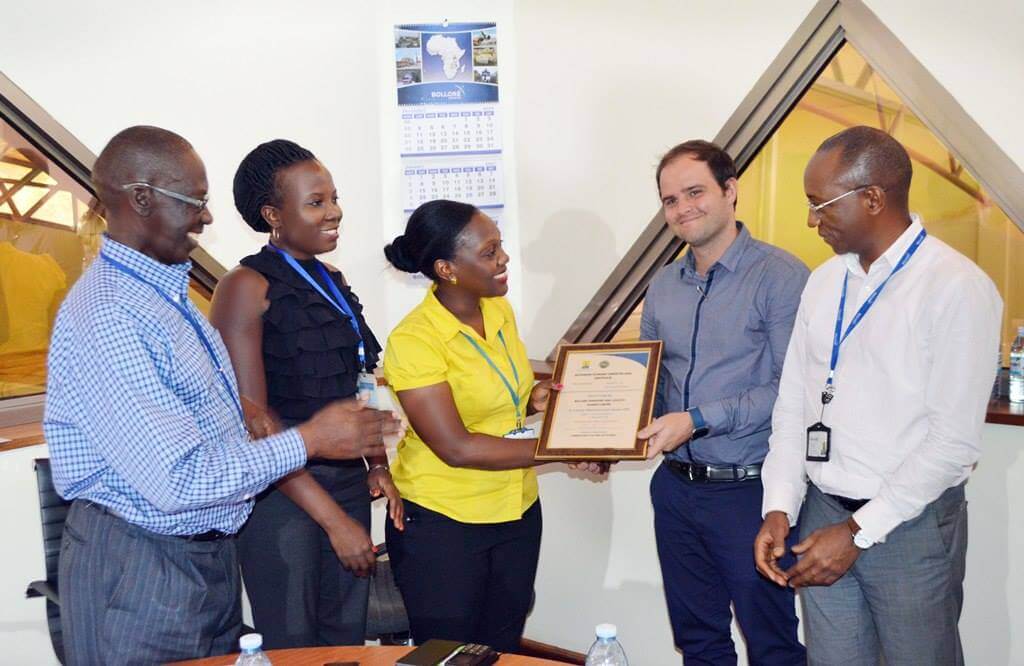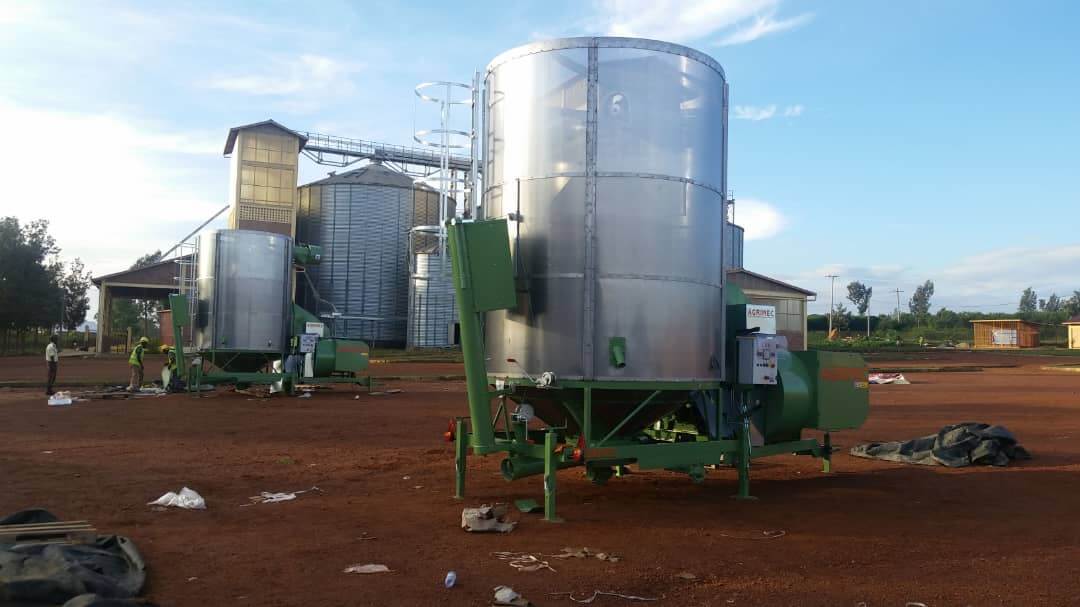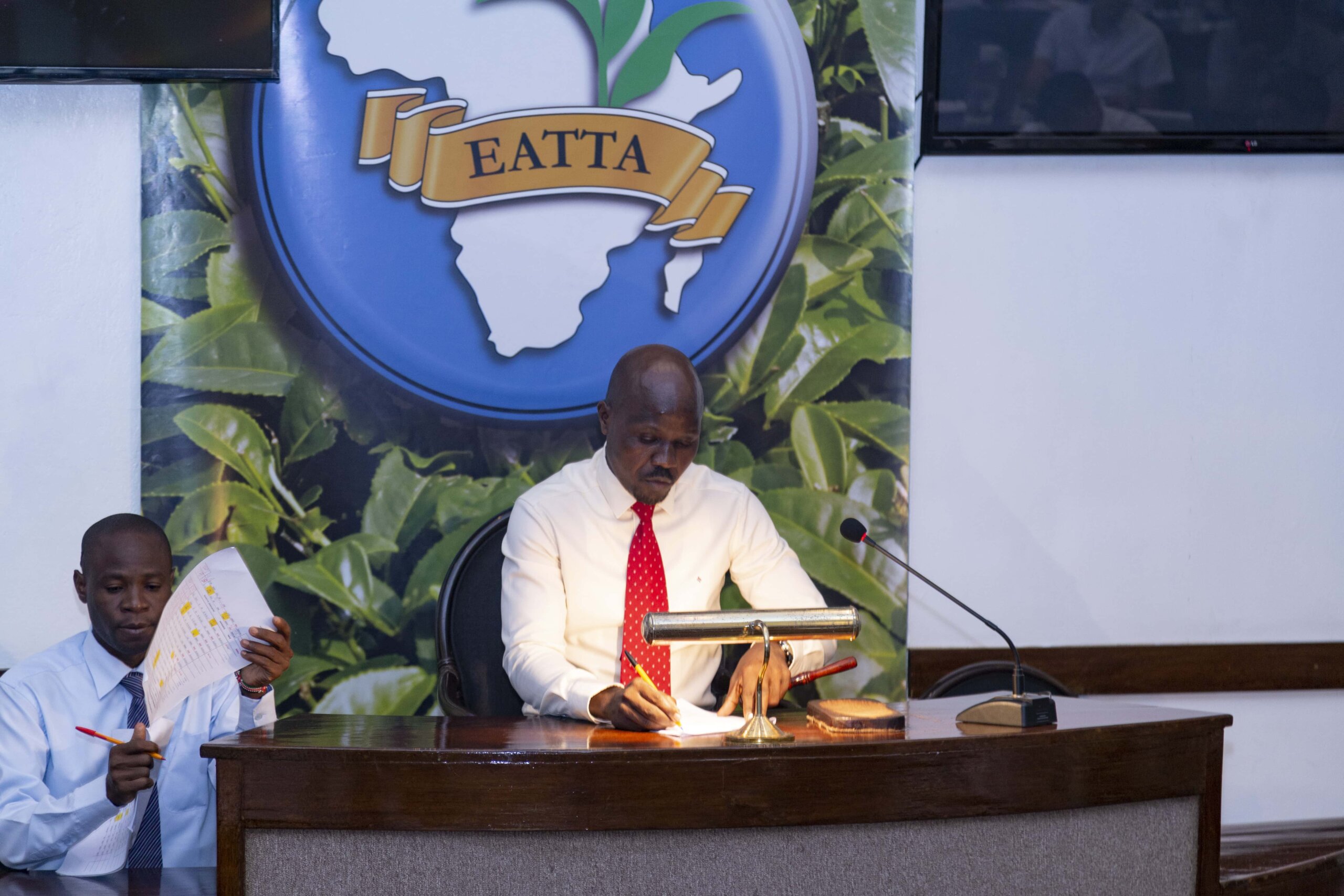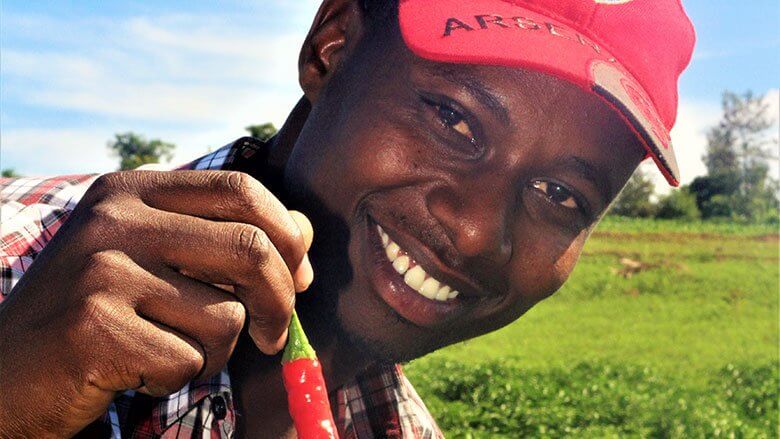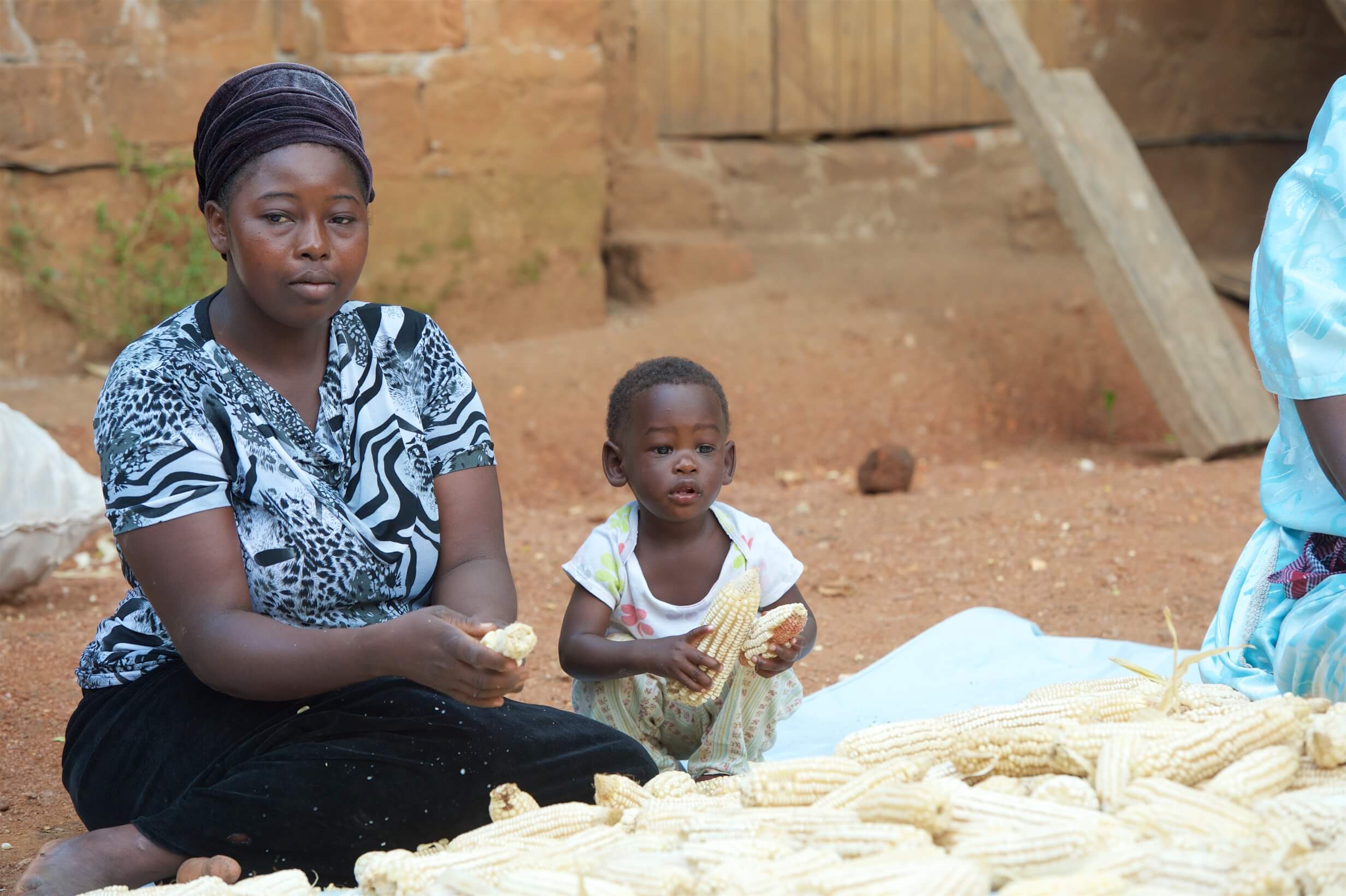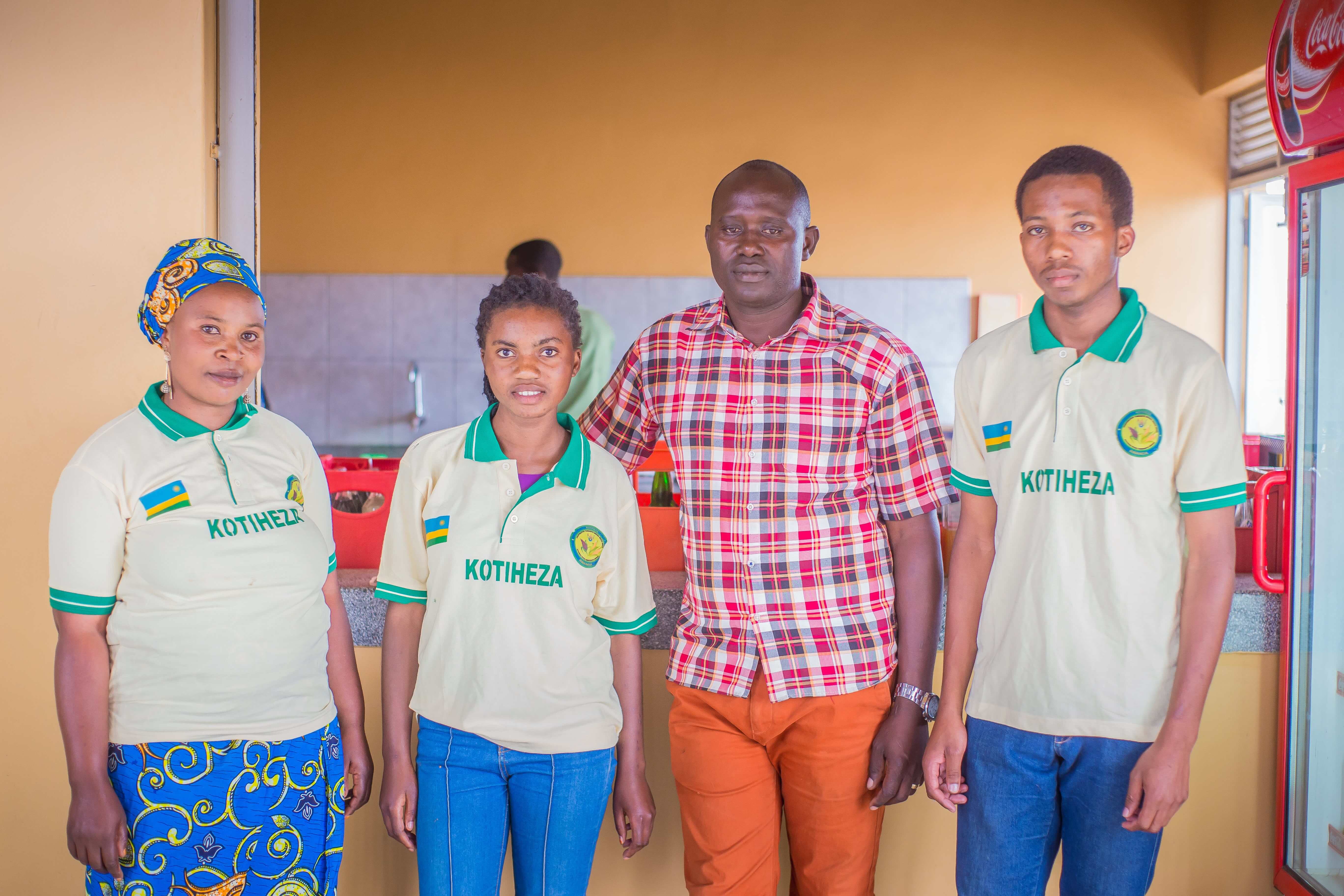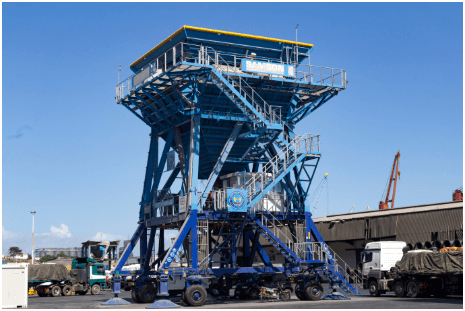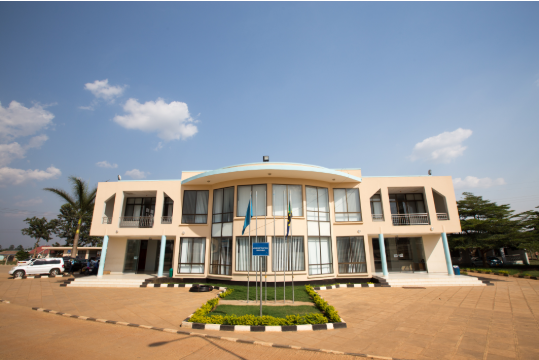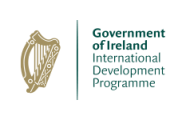Authorised Economic Operator programme earns rewards for traders [caption id="attachment_52541" align="aligncenter" width="640"] Bollore team with their award as best AEO within the clearing and forwarding industry in 2017[/caption] For business owners, time is money and delays that hold up delivery of goods represent loss of potential earnings. In Uganda, an AEO programme funded by United Kingdom’s Department for International Development (DFID) through TradeMark Africa (TMA) is helping businesses overcome delays by encouraging voluntary compliance. Richard Lubuulwa, inbound Logistics Manager at Nice House of Plastics, a leading manufacturer in Uganda, recounts the costly delays he used to face importing goods from Kenya to Kampala before his company acquired Authorized Economic Operator (AEO) status with the Uganda Revenue Authority (URA). “Whenever we had a truck coming from Kenya, I would personally travel to Malaba or Mombasa to ensure that the truck was cleared. I spent a lot of money making such travels because whenever we let the truck driver deal with the authorities, we would experience days and days of delays. It was costly and tiresome.” This changed once Nice House of Plastics became an AEO five years ago. AEO is a voluntary compliance scheme aimed at facilitating global trade anchored on the World Customs Organisation (WCO) framework of standards. [caption id="attachment_52549" align="aligncenter" width="683"] A customs officer at Malaba OSBP inspects goods stored in a bonded warehouse[/caption] Built upon the World Customs Organisation SAFE Framework of Standards to Secure and Facilitate Global Trade (SAFE Framework) AEO programme’s goal is to enhance...
Fast Track compliance programme a boon for businesses in UgandaPosted on: March 17, 2020
Posted on: March 17, 2020

